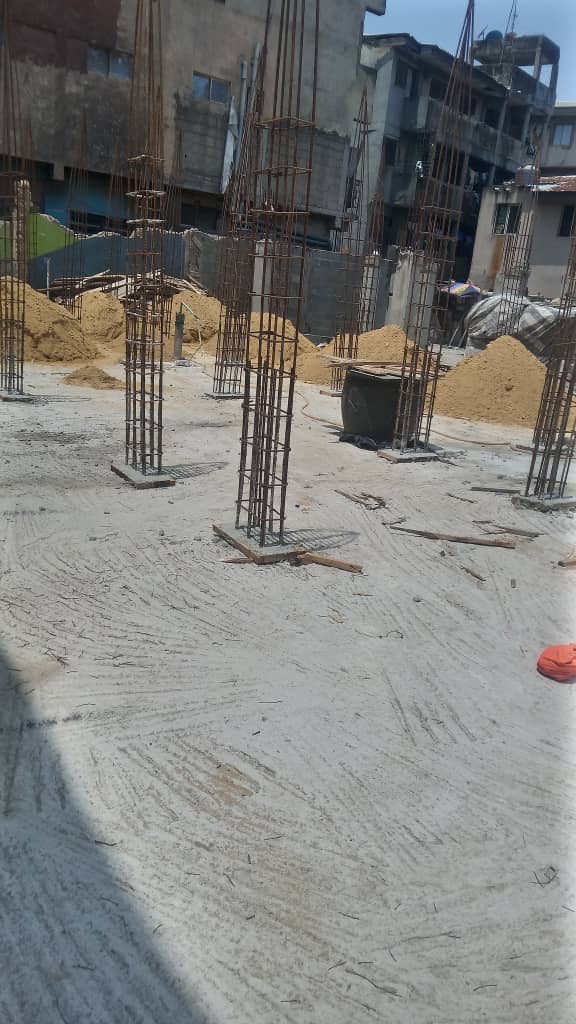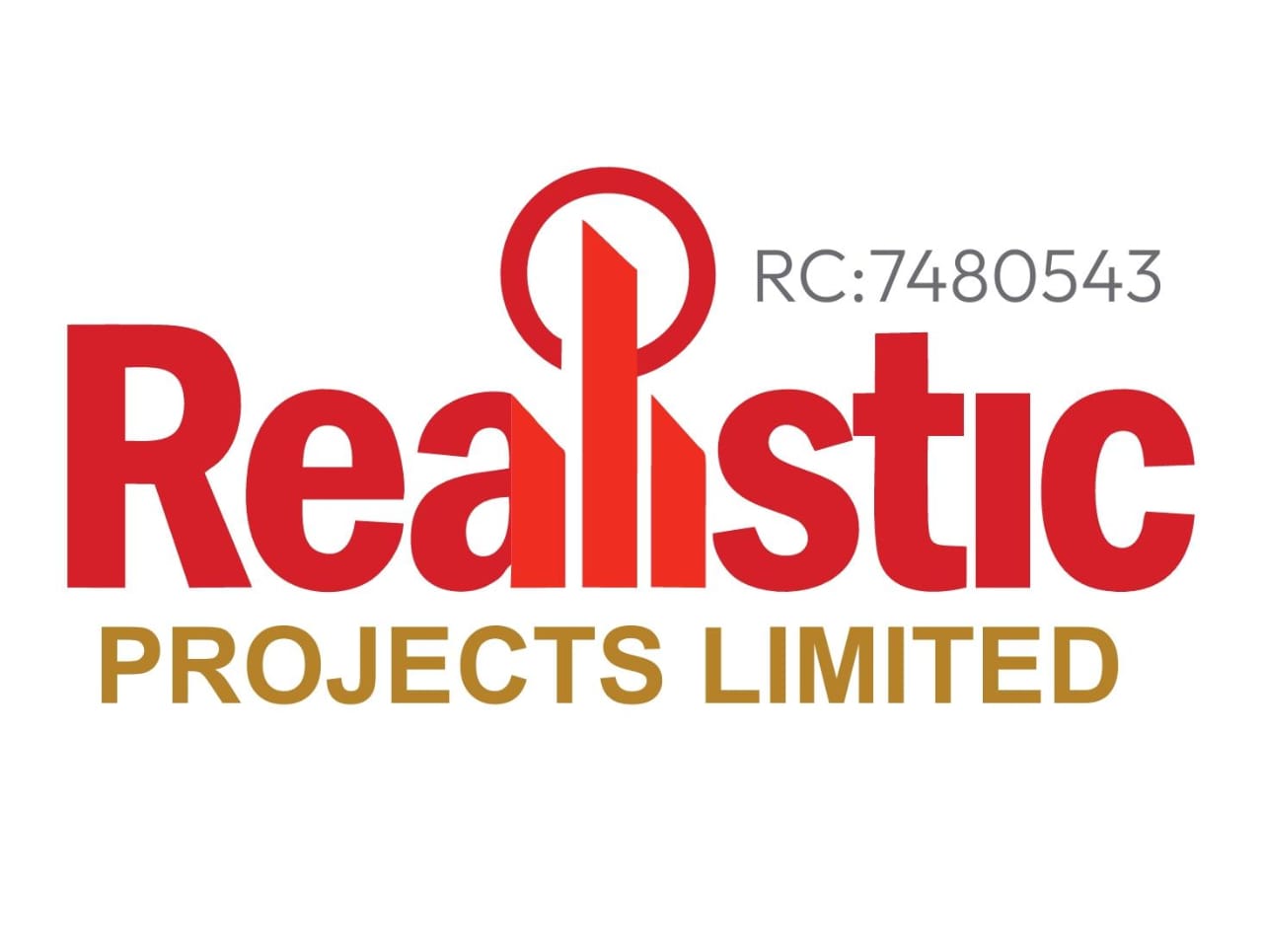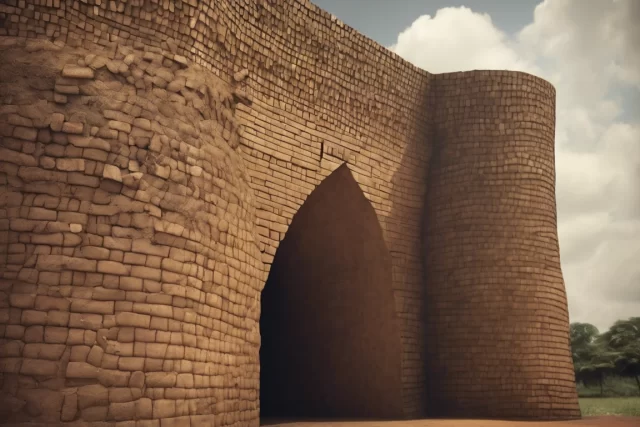Introduction
Lagos, Nigeria’s bustling economic hub, is a city of opportunities and growth. With its rapid urbanization and booming real estate market, it’s no surprise that developers are eager to embark on new construction projects in the city. However, navigating the complex web of construction regulations in Lagos can be daunting. To ensure a smooth and compliant construction process, it’s essential to understand the various regulatory bodies and their roles in granting approvals for construction projects.
In this guide, we’ll walk you through the key regulators you’ll need approval from before starting any construction project in Lagos.

1. Lagos State Physical Planning Permit Authority (LASPPPA)
The first step in your construction journey is obtaining a permit from the Lagos State Physical Planning Permit Authority (LASPPPA). LASPPPA is responsible for granting physical planning permits for building developments. This approval is crucial as it ensures that your project complies with the city’s urban planning laws, zoning regulations, and building codes.
To get your permit, you’ll need to submit detailed plans of your project, including architectural drawings, site analysis, and environmental impact assessments. LASPPPA will review these documents to ensure that your project aligns with the city’s master plan and does not disrupt the urban fabric.
2. Lagos State Building Control Agency (LABSCA)
Once you have your planning permit, the next step is to engage with the Lagos State Building Control Agency (LABSCA). LABSCA is tasked with ensuring that all building constructions comply with safety standards and building codes. They conduct regular inspections at various stages of the construction process to ensure adherence to approved plans.
Before construction begins, LABSCA will issue a building permit that confirms your project’s compliance with structural and safety regulations. This step is vital in preventing construction mishaps and ensuring the safety of both workers and future occupants.
3. Lagos State Safety Commission
Safety is paramount on any construction site, and the Lagos State Safety Commission plays a crucial role in enforcing safety standards. This commission ensures that all construction activities adhere to the highest safety protocols to prevent accidents and injuries.
Before starting construction, you must submit a safety plan that outlines how you intend to manage risks on-site, including fire safety measures, emergency response plans, and worker safety protocols. The Safety Commission will review your plan and conduct periodic inspections to ensure compliance throughout the construction phase.
4. Lagos State Material Testing Laboratory (LSMTL)
The quality of materials used in construction is a significant factor in determining the durability and safety of a building. The Lagos State Material Testing Laboratory (LSMTL) is responsible for testing and certifying construction materials used on your site.
Before construction begins, you’ll need to submit samples of the materials you intend to use, such as concrete, steel, and soil, for testing. LSMTL will ensure that these materials meet the required standards for strength and durability, thereby safeguarding the integrity of your project.
5. Lagos State Waste Management Authority (LAWMA)
Construction activities often generate significant waste, which must be managed responsibly to avoid environmental degradation. The Lagos State Waste Management Authority (LAWMA) oversees waste management and ensures that construction sites maintain cleanliness and proper waste disposal practices.
You will need to obtain approval from LAWMA to manage waste generated during construction. This includes setting up waste disposal systems, segregating hazardous materials, and ensuring that debris is disposed of in line with environmental regulations.
6. Local Government Approval
In addition to state-level approvals, you’ll also need to obtain clearance from the local government where your project is located. The local government authority will verify that your project aligns with community development plans and does not infringe on local regulations or rights-of-way.
This approval process often involves community consultations, and you may be required to address concerns from local residents or businesses before proceeding.
7. Ministry of Environment
Lastly, the Ministry of Environment plays a critical role in assessing the environmental impact of your project. You’ll need to conduct an Environmental Impact Assessment (EIA) and submit it to the Ministry for approval. This assessment will evaluate how your project might affect the local ecosystem, including air and water quality, vegetation, and wildlife.
The Ministry of Environment will review your EIA report and may request mitigation measures to minimize any negative impacts. Approval from the Ministry ensures that your project is environmentally sustainable and compliant with Lagos State’s environmental policies.
Conclusion
Navigating the regulatory landscape in Lagos can be challenging, but it is a crucial aspect of any successful construction project. By securing the necessary approvals from LASPPPA, LABSCA, the Safety Commission, LSMTL, LAWMA, the local government, and the Ministry of Environment, you can ensure that your project meets all legal requirements and proceeds without unnecessary delays.
At Realistic Projects, we understand the complexities of Lagos’ construction regulations. With our expertise and experience, we guide our clients through each step of the approval process, ensuring compliance and delivering high-quality projects on time. Contact us today to learn how we can help bring your construction vision to life in Lagos.




Leave a Reply